
User-Centered Design: A Friendly Guide to Human Factors Psychology
User-centered design is your friendly guide to creating products that resonate with human needs and preferences.

User-centered design is your friendly guide to creating products that resonate with human needs and preferences.
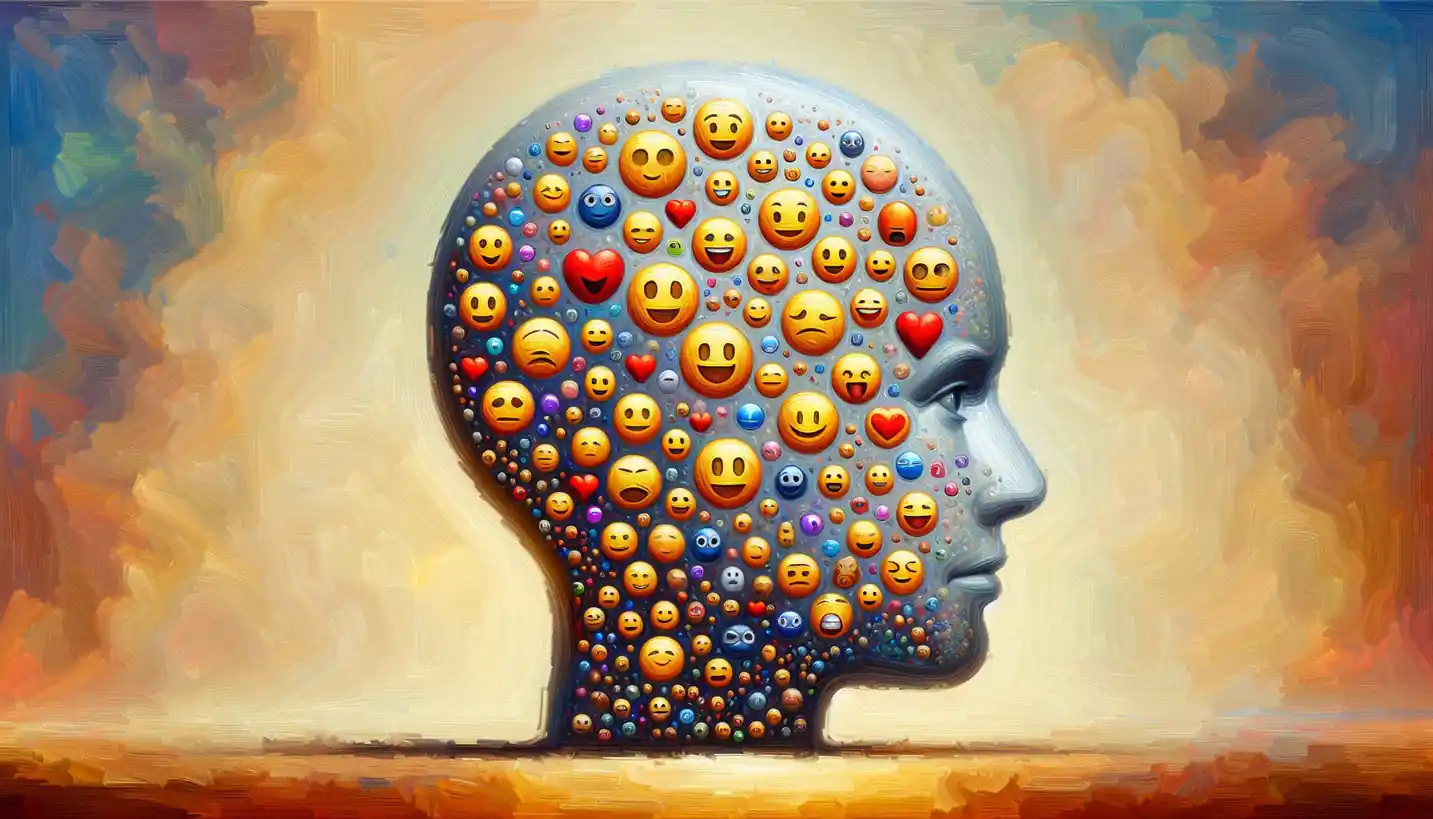
Brain lateralization explains how different hemispheres of the brain specialize in various functions, contributing to the diversity of human abilities.
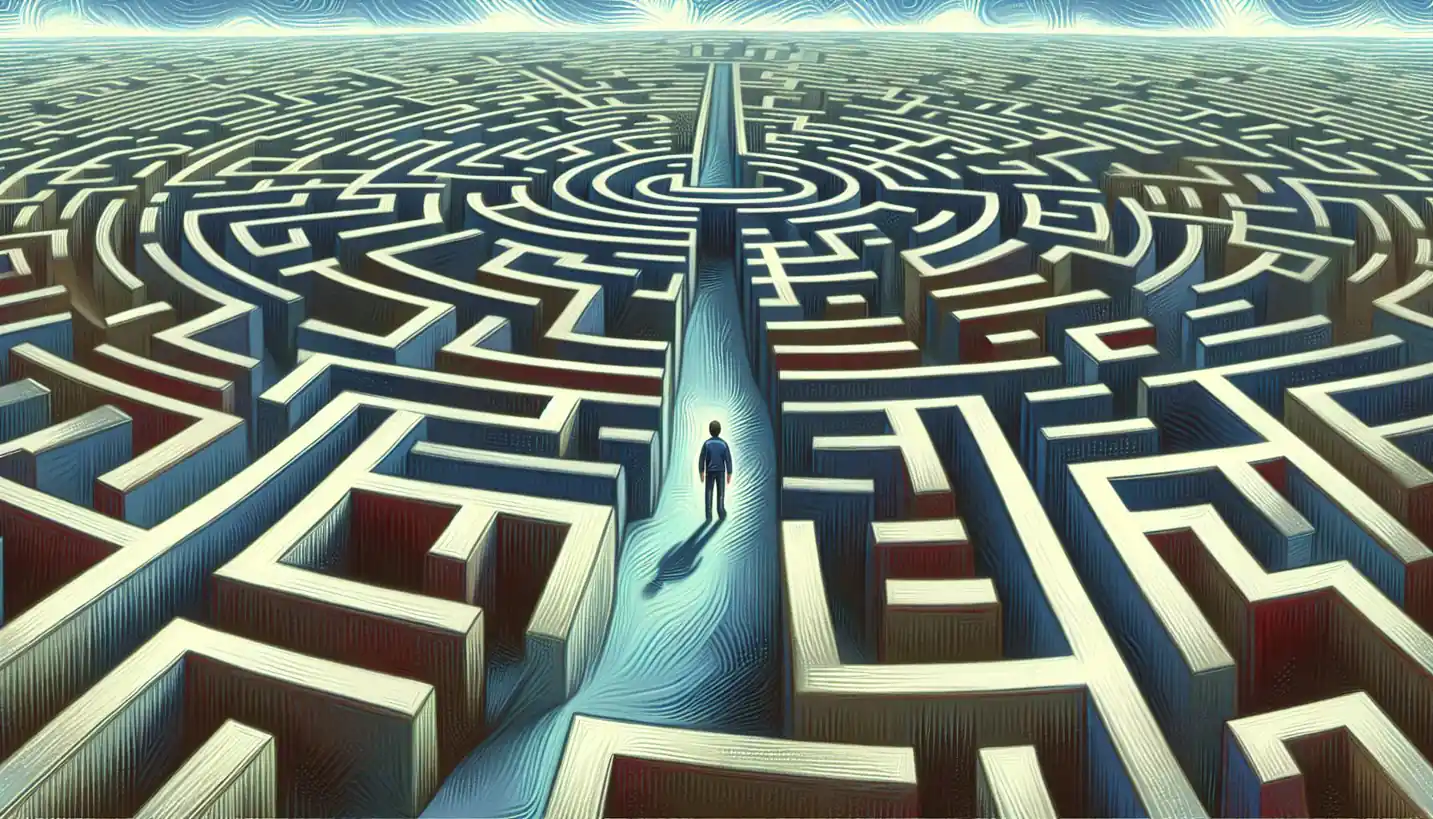
The amygdala plays a key role in processing emotions. Discover its impact on our reactions to fear and pleasure.

Double-blind studies remove bias from psychological research, ensuring results are reliable and findings are scientifically sound and unbiased.
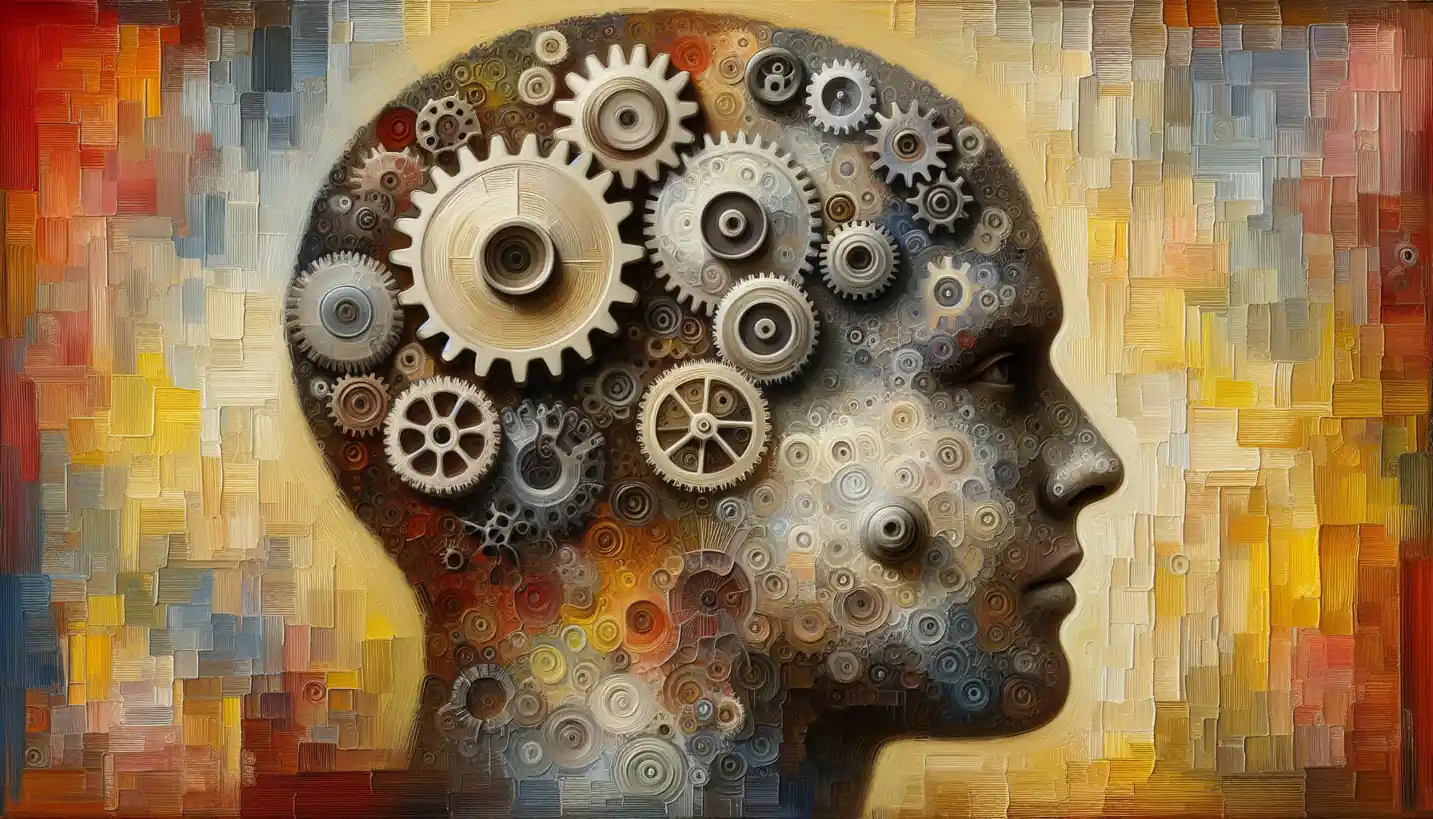
Mental imagery is a powerful tool used to enhance athlete performance. Explore techniques that optimize the mind's potential in sports settings.

Mindfulness brings a sense of calm and clarity to athletes, aiding performance. Discover how focusing on the present moment can elevate your game.

Social facilitation reveals how being observed affects our performance. Dive into why some tasks feel easier or harder with an audience.

Attentional focus can make or break an athlete's performance. Dive into methods that enhance concentration and see how they impact success in sports.
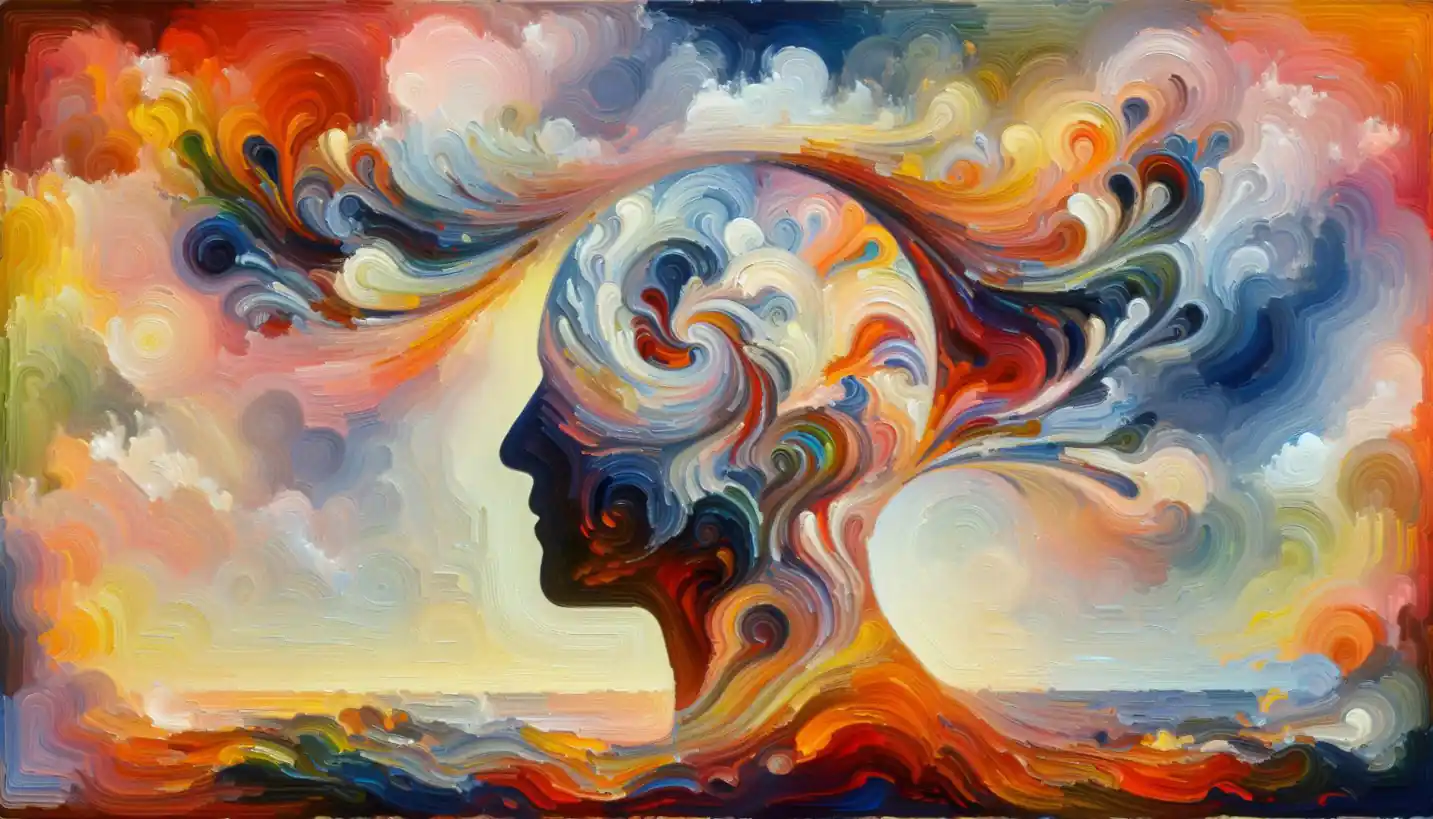
Psychotropic medications offer a window into the treatment of mental disorders. Understand the types and effects of these drugs on psychological health.

Explore autobiographical memory and its implications in forensic psychology, where past experiences influence current behaviors.
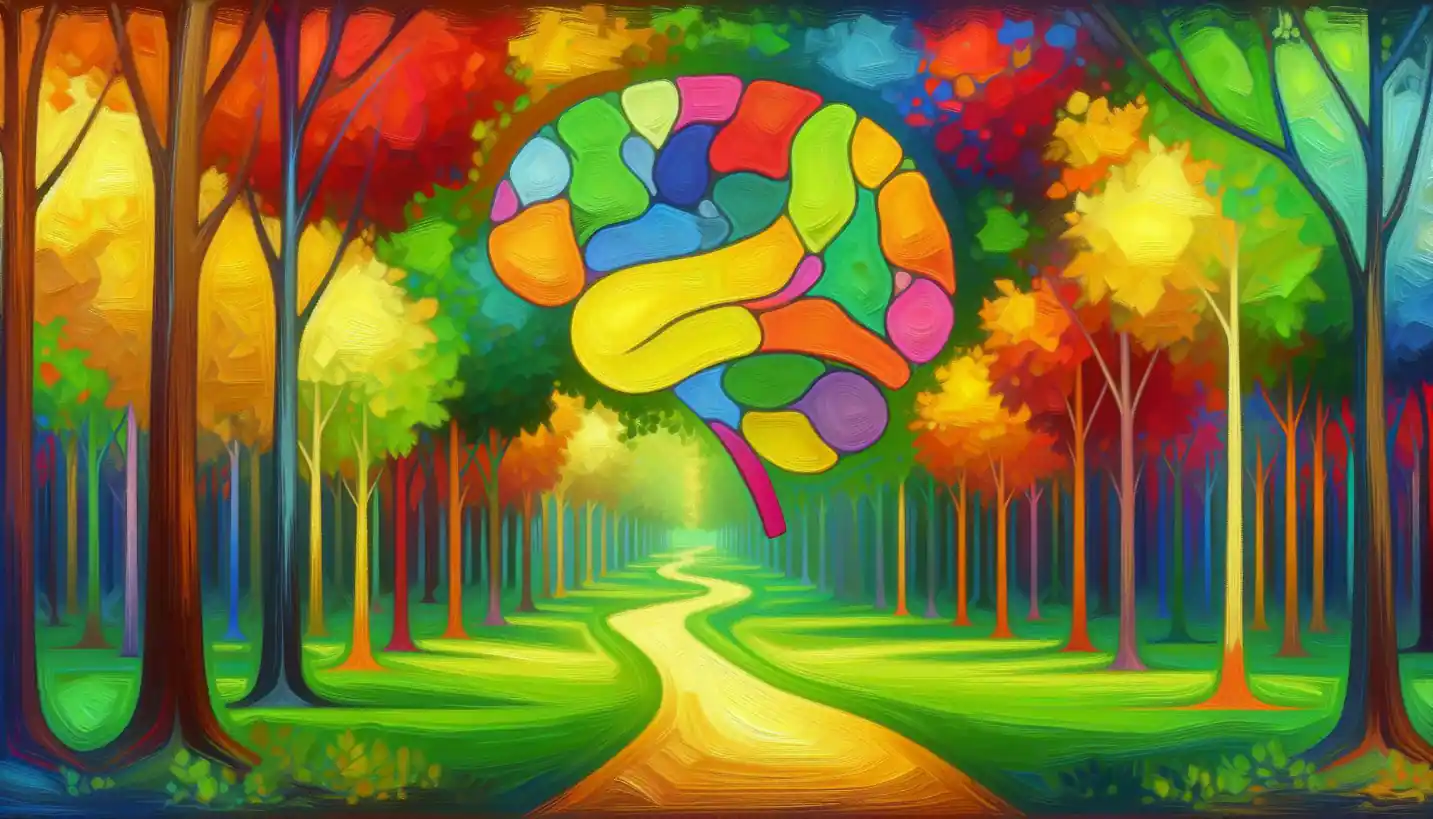
Our minds and bodies talk to each other more than we realize. Explore how psychosomatic symptoms bridge the gap in clinical psychology.
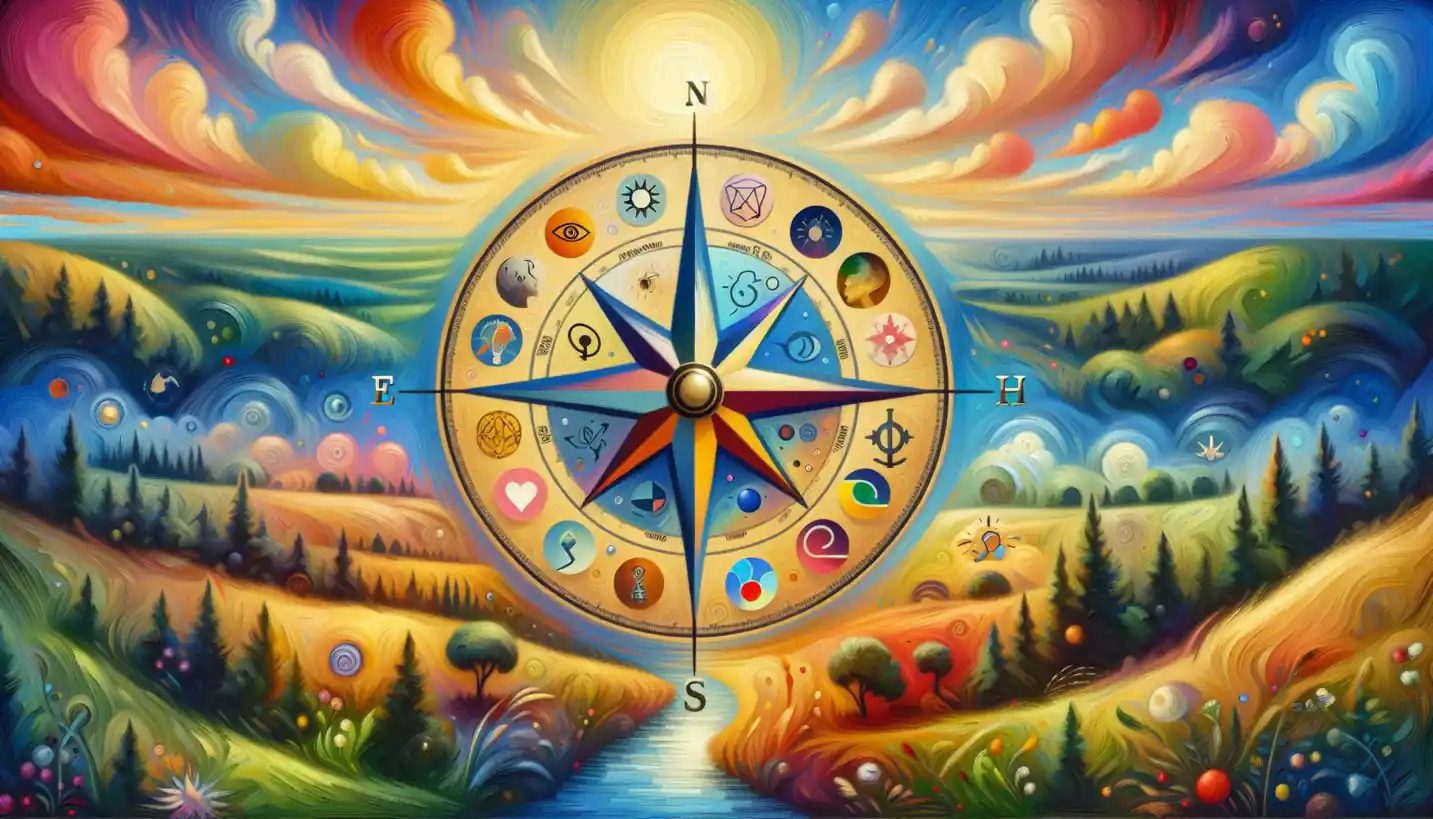
A strong therapeutic alliance fosters better outcomes in rehabilitation, underscoring the importance of trust between therapist and patient. Learn how this bond accelerates recovery.